It has taken me a lot more effort and energy to try and rationalize the past week than it has in any other time of mass hysteria over our country’s social justice failures. And frankly, with time, I simply find myself at an even greater loss for words.
I have largely stayed out of widespread discussions on social media since the brutal murder of George Floyd last week and subsequent discourse on police brutality in America. If anything, I’ve just maintained my normal social media activity.
Turning to Instagram or Twitter to loudly channel your (not-so) hot takes completely undermines important conversations that we need to engage with, but I also understand that times are changing and these platforms can be our most effective tool. However, I do not want meaningful feelings I hold close to my heart to get lost in the shuffle or watered down by the instantaneous nature of those platforms — which is how I feel whenever I try and pursue activism in 280 characters or less.
With the herd mentality among users who are so quick to antagonize right now, I have to admit I’m scared to write this.
But at this point, I’m too physically frustrated with the ignorance I’ve seen online from the overwhelming amount of privileged people who are collectively taking ownership over a multifaceted, ongoing crisis to not say something about it.
I may sound like a broken record, but the racial injustices brought to the surface in the past week are generational. These issues are systemic. They are what our nation was founded upon over 200 years ago. And they will not change overnight by simply posting Instagram stories.
The selfishness being propagated through the act of what’s been labeled as “performative allyship” needs to stop. Supporting racial justice reform or minority communities isn’t a competition, and I feel like blasting it on social media strips an important issue down to nothing. It just seems to perpetuate the problem and deepen divisions.
Many people have subscribed to the “silence is violence” mantra, feeling peer-pressured to publicly let their followers know that they’re aware of the conversation — except those “reposts” now read as trigger-happy responses instead of mindful elaborations on high-stake, widespread injustices. It also instills fear in those who don’t feel they have the authority to talk about these conditions, scaring or excluding people from discussions and complicating their relationship with something we are trying to collectively understand.
Not only should we be more mindful and less hostile, we should not feel pressured to share our thoughts on social media. By now, posting donation bingo boards is less a means of spreading awareness or education and more a facade for many people to feel involved and sleep easy. That’s not to undermine or discount the importance of financial support — God knows people need it, especially right now — and sharing your work online can be a good way to inform others.
But the nature in which the majority is not sharing, but touting its efforts to support the Black community does perhaps the most dangerous thing one could do in this climate, which is falsifying or feeling pressured to show solidarity.
Those efforts appear more like aimless bragging, furthering the notion that these means of support are effective. In reality, they’re just division-deepening rhetoric that will help the non-oppressed feel as if they have a stake in the conflict.
Support businesses because they need your support, not because you want your friends to see you have empathy or think it’ll get you a free pass into equality heaven. In the conversational vacuum many have created to comfort themselves, it just seems like those posts have become patronizing, ineffective ways to spread awareness. Most will not read every single word written in each of those posts, and it’s almost like a hasty attempt to pat an entire community on the back.
Many people are becoming desensitized to what actual support means and looks like as they click through infinite Instagram stories that rarely express the nuances offered in deeper, crucial literature that would truly help create a better understanding of the disparities within systems of privilege.
So if you haven’t thought deeply about what’s at stake, change your behaviors and stop making this a “you” issue. Racial justice is a serious and layered inequality that America continues to do a disservice to, and online selfishness is drowning out our abilities to be better people and teach our children to be better people. Long-term change is what we should focus on.
Once again, though, a lot of people have steered the national conversation into something about themselves, which happens a lot now with the accessibility of social media. A majority of users of these platforms like to turn social issues into something they are comfortable digesting and maintaining control over.
It’s disappointing, and unfortunately, I don’t see this dialogue changing because those people will continue pivoting this discussion into something to fit in with their personal online brand. None of this should be calculated, and that’s all it is at this point.
All I caution is this: the privileged communities out there should think deeper about other groups’ needs right now, and focus less on how the movement can play into their own.



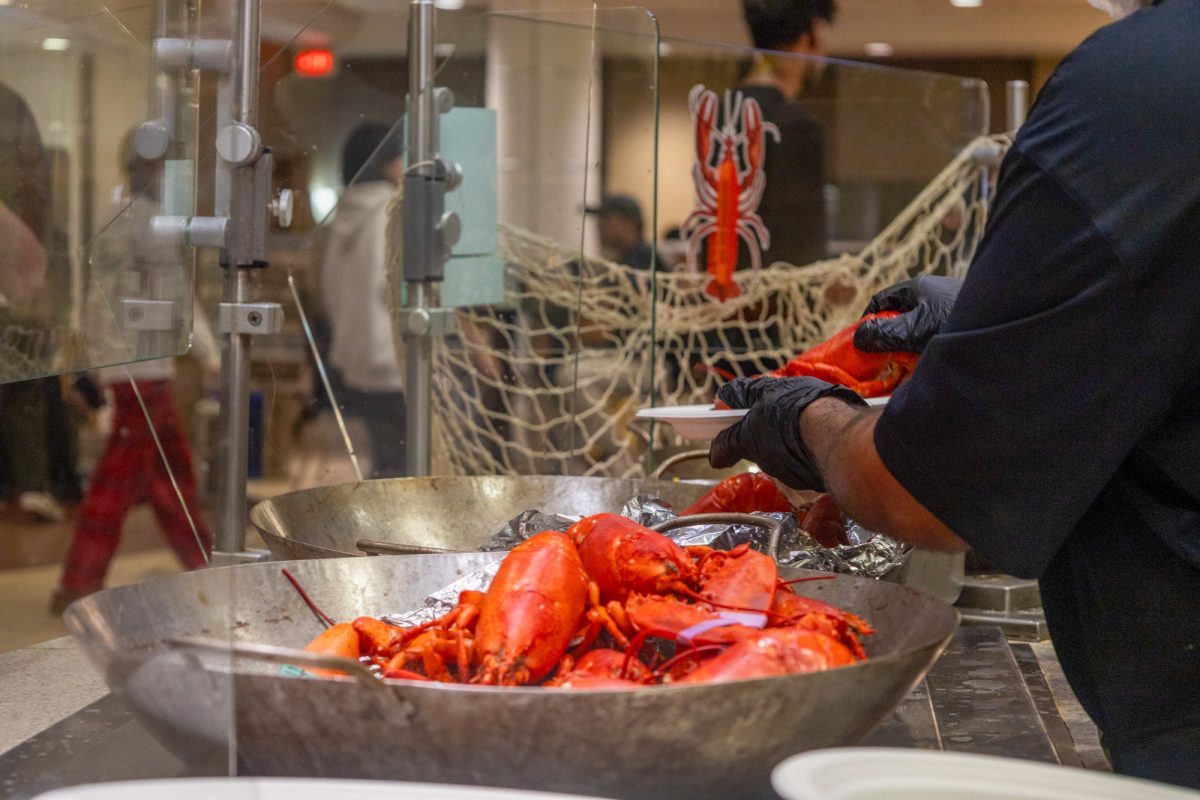

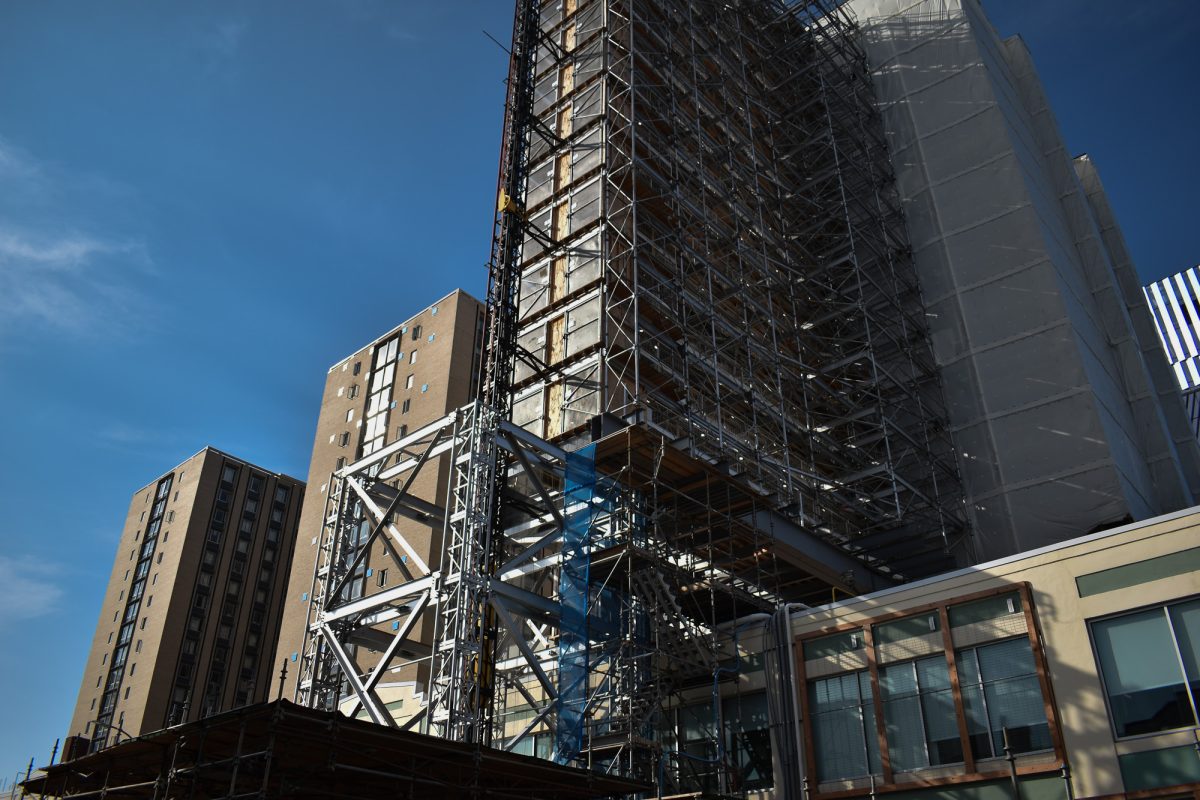
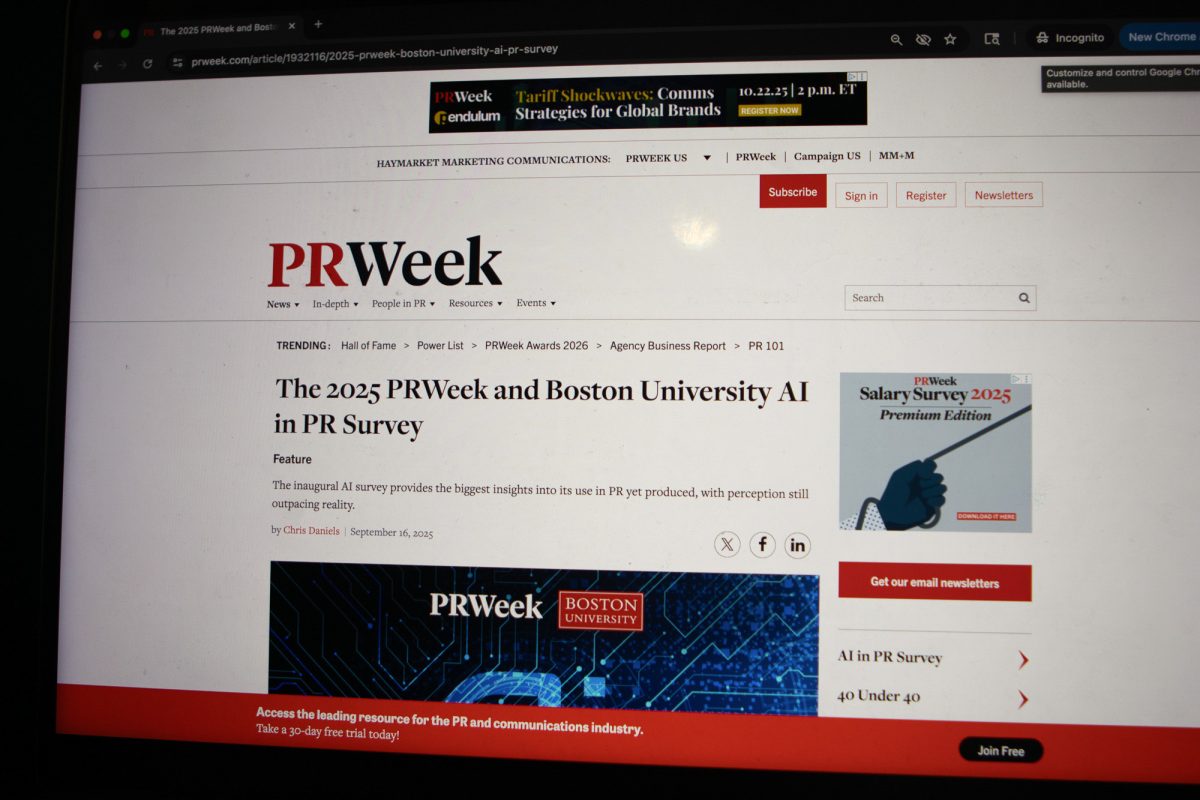


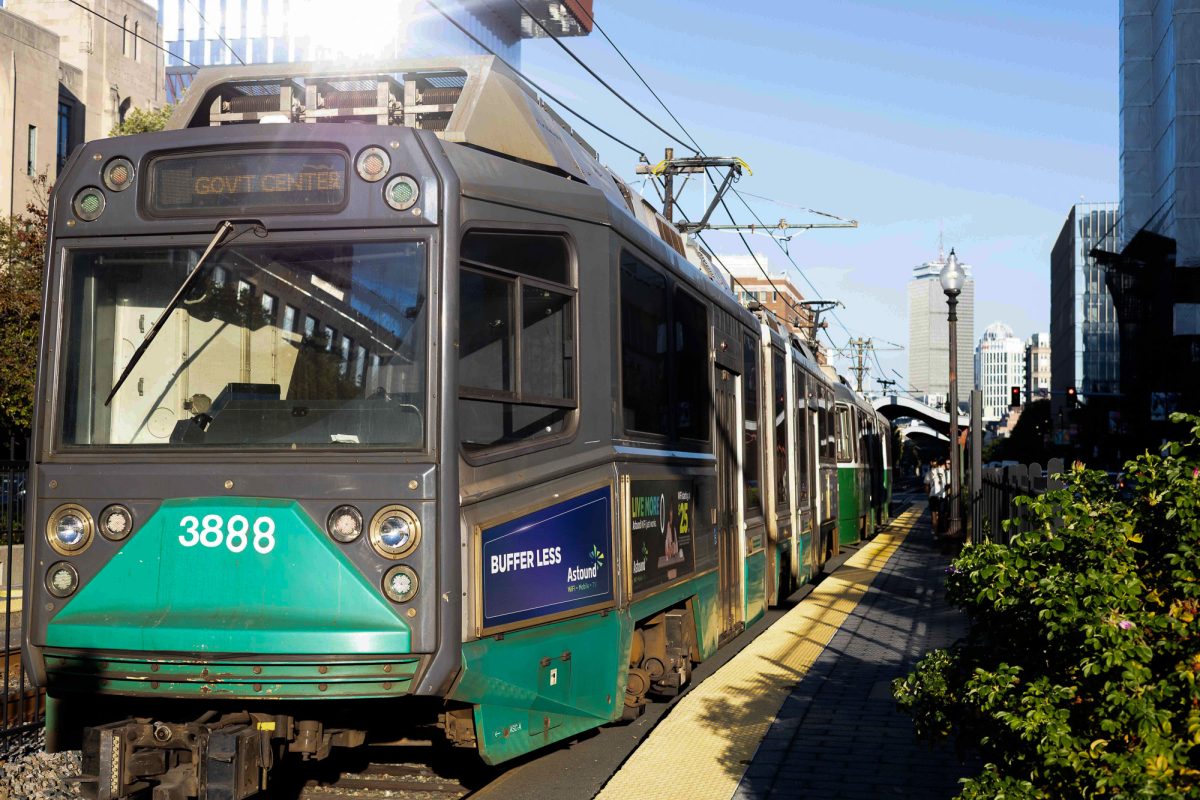














































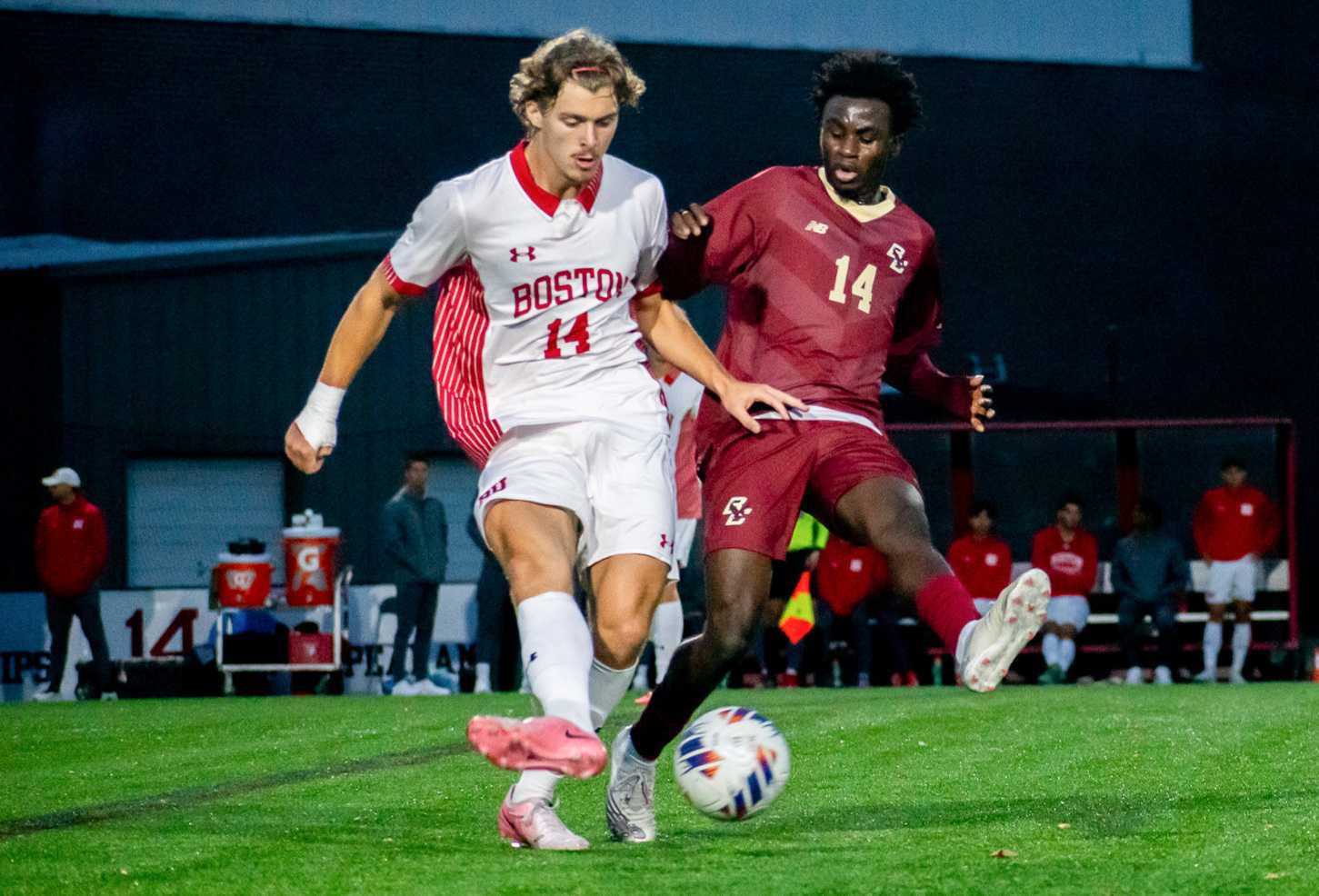































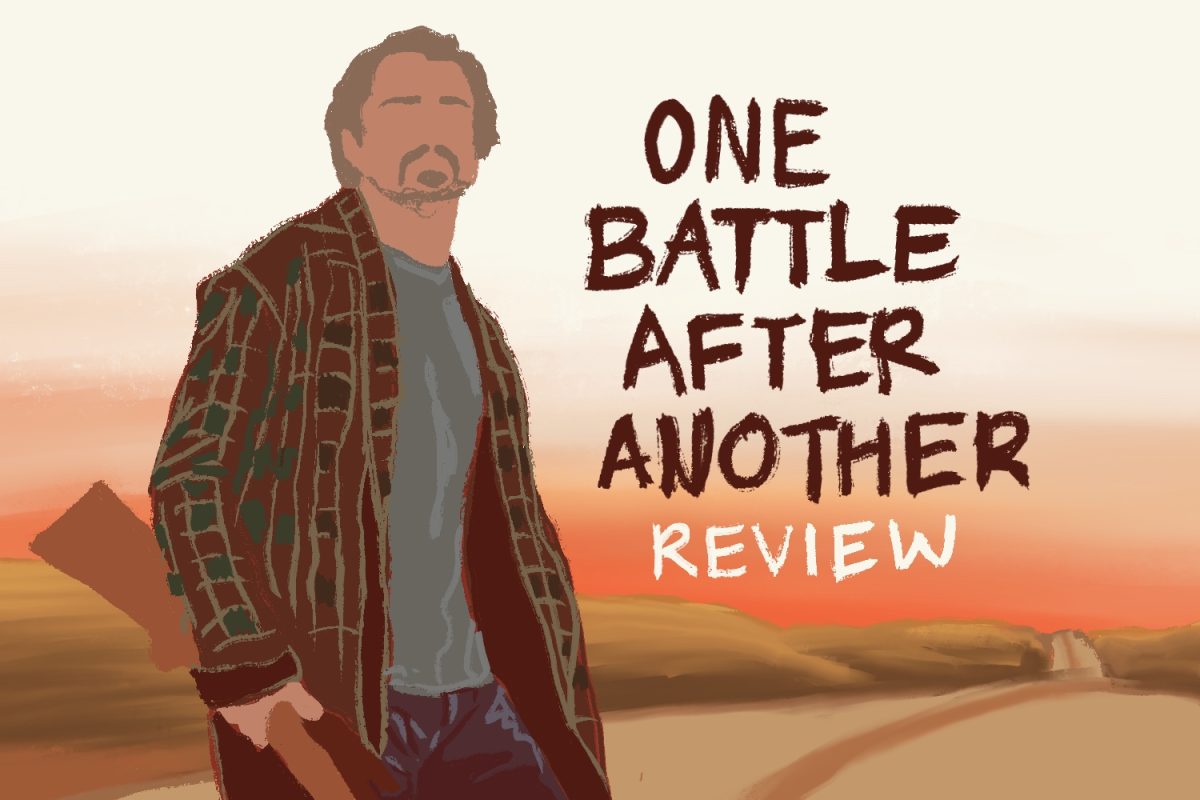
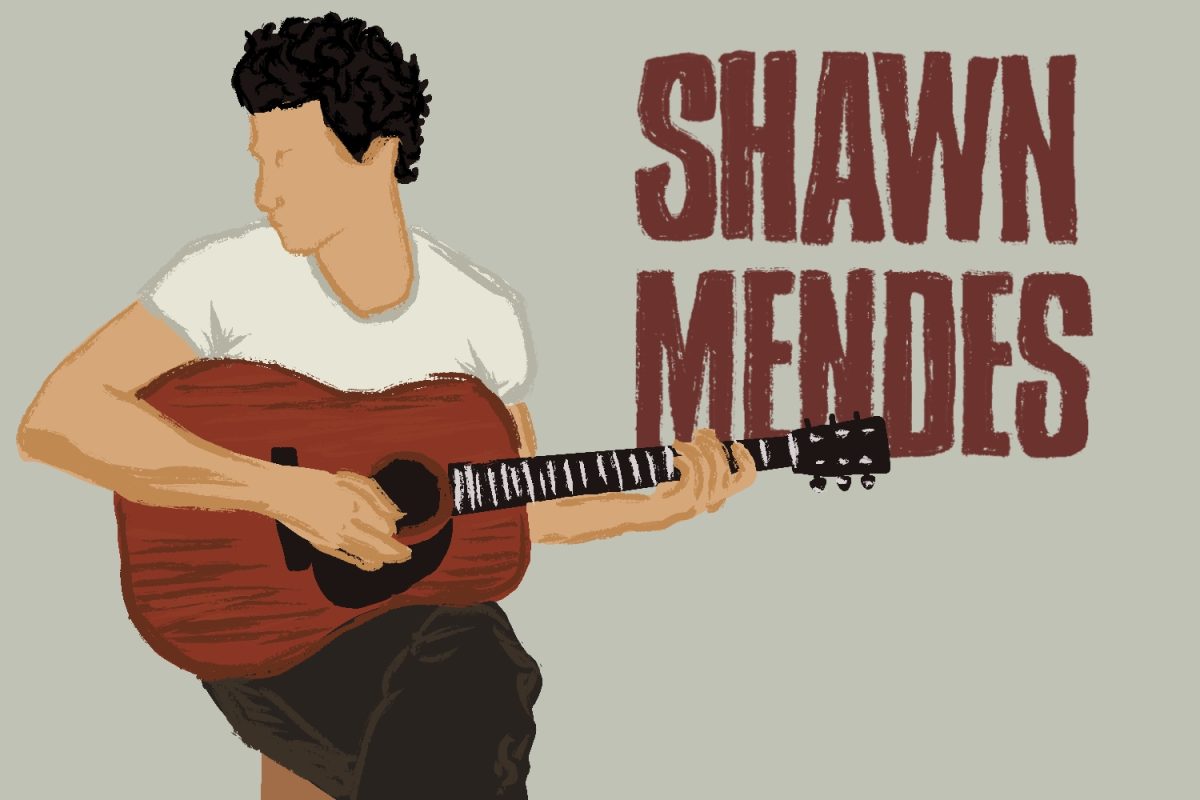
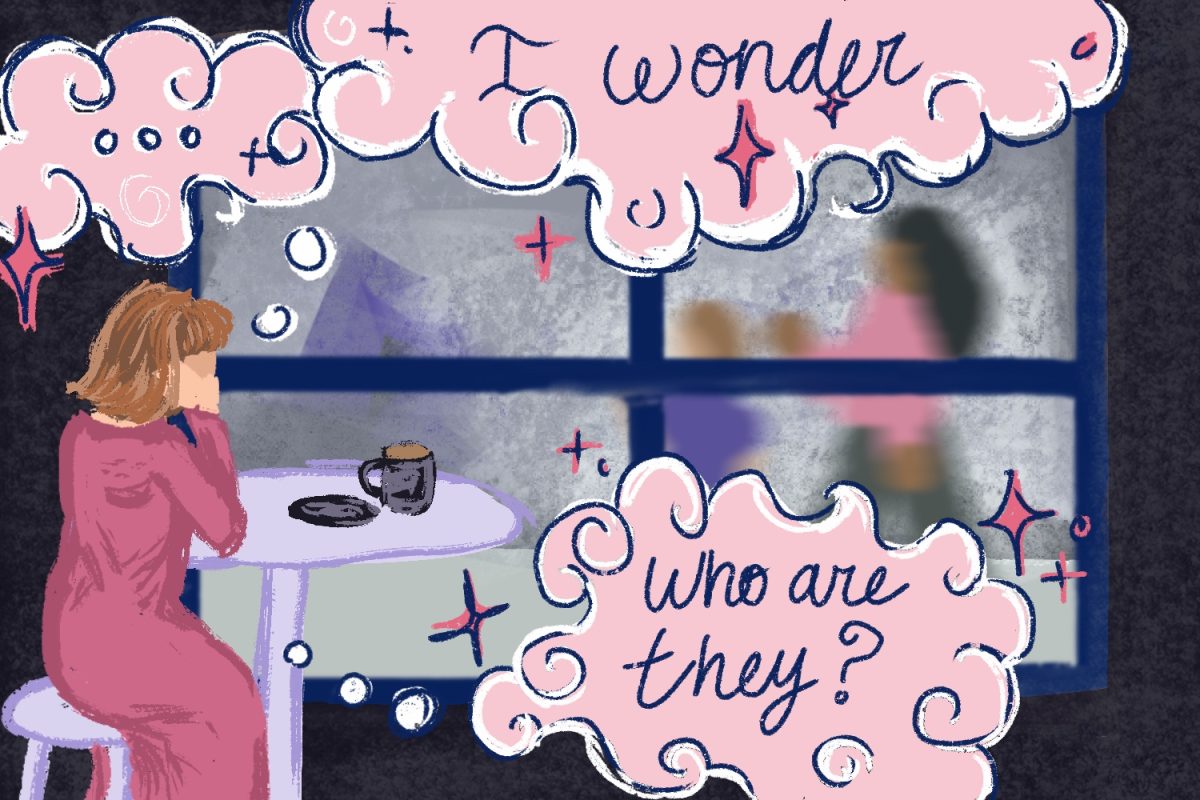
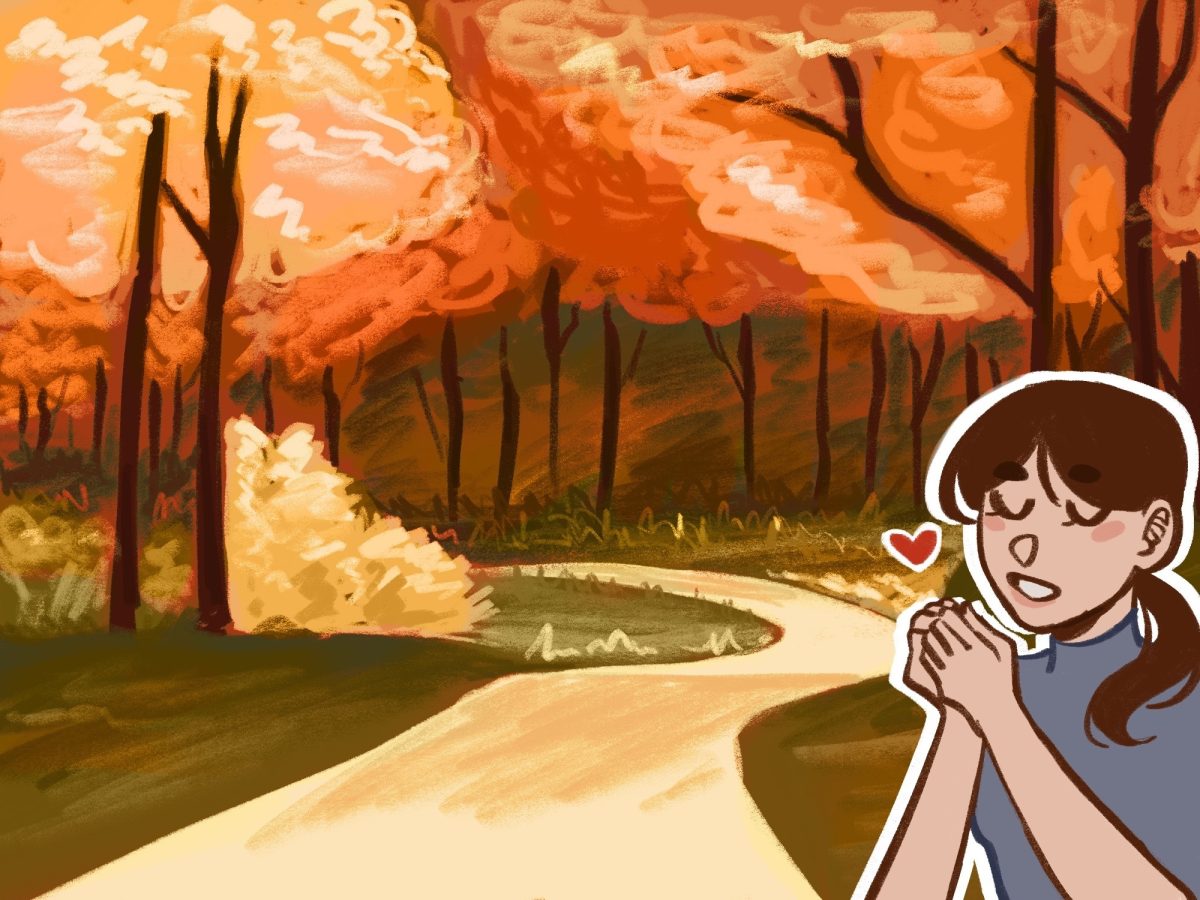
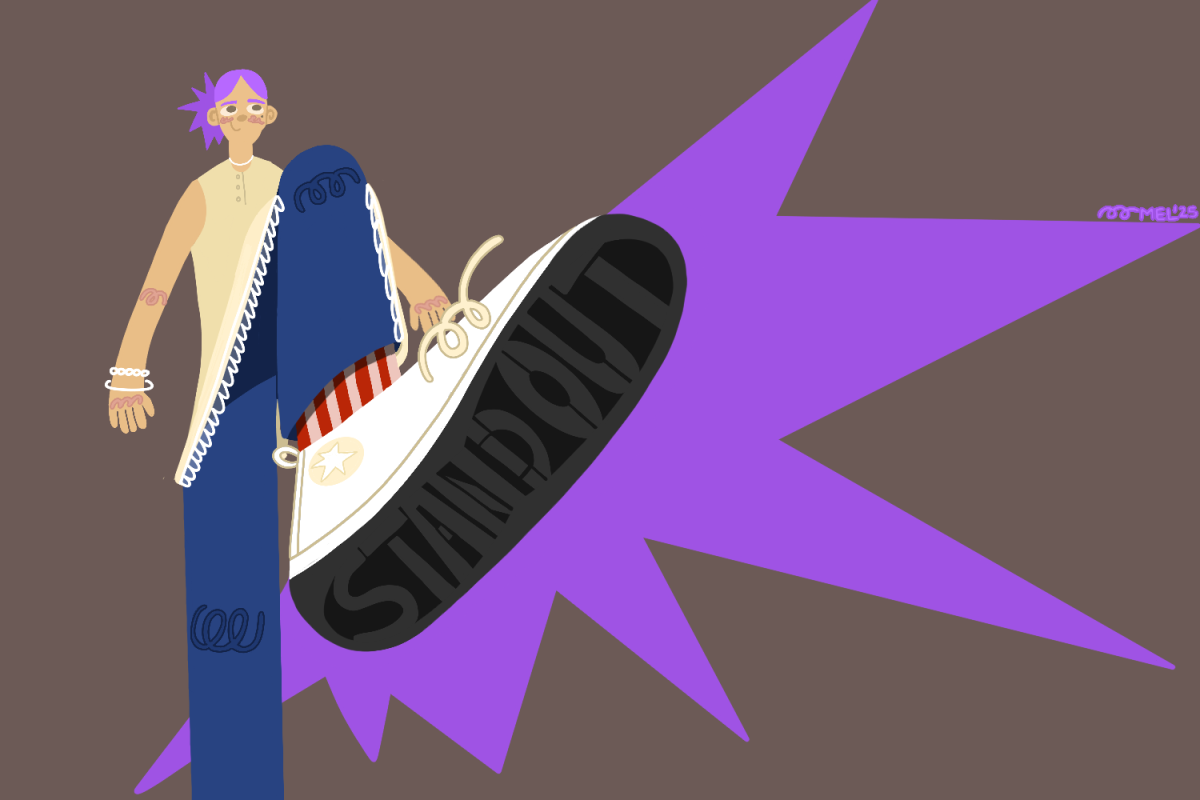























Abbigale • Jun 3, 2020 at 8:00 pm
Really well written. I definitely agree that there’s a larger issue of performative activism or slacktivism at play here, and sometimes the actions of people on social media are incredibly transparent to their true intent: to assuage their own white guilt. However, I do believe that being silent on social media, or worse posting normal content without addressing current events, is not the move.
Social media plays a crucial role in our generation. Without it, and without the constant onslaught of news (which is both good and bad as it has the risk of desensitization), we would not be privy to exactly HOW MUCH injustice plays out every single day. You don’t need to share your own thoughts to share useful information: on protests nearby, on educational resources, on organizations to donate to. You can use your platform for good and for advocacy without watering down the voices of others. I understand the frustration; I’ve watched many supposed friends and peers post a black square on #blackouttuesday and call it a day. But I can only hope that my own efforts to share the voices of the Black community, to amplify what they have said so that we can educate ourselves, and to provide access to anything from protesting tips to anti-racism resources to new resolutions to support WILL make an impact, no matter how small. I know that without social media, I would not have known about BU’s student organization fundraiser on GoFundMe. Without social media, I wouldn’t have heard of many of these organizations or local businesses that I could support. Without social media, or social media activists spreading information, I doubt that I along with many others would have known about the youtube fundraising video (which now has over 4 million views).
Since we have social media as a resource, I believe we need to use it. Our solidarity across social media platforms, through the letters we send our local legislators, through the phone calls we make–these are necessary actions alongside the representation by those us who are brave enough and able to risk their lives in actual protests. We need to continue the discussion and our allyship both ON and OFFline. The question then becomes how do we avoid misusing this resource?
It is always pertinent to reflect on our biases, intent, and actions. It is always pertinent to educate oneself. Like you said, we should be acting out of morality rather than an effort to save our reputations.
This article addresses the infuriating nature of virtue signaling, which has only been amplified by social media and peer pressure. It has become, admittedly, a pervasive issue. But if that peer pressure can allow even one person to re-examine their own beliefs or open up to the discussion, I think it is worth it. If that pressure then extends to officials who have the power to implement change, that’s even better. There is a good and bad side to everything and the same goes for social media activism.
Thank you for taking the time to write this. Definitely some very important thoughts that remind us we need to keep examining our intentions.